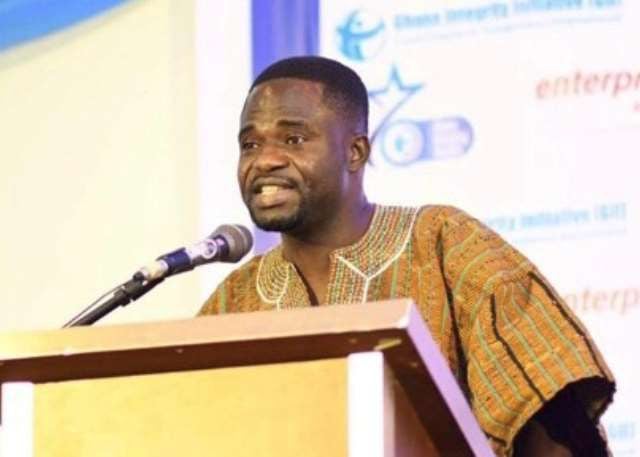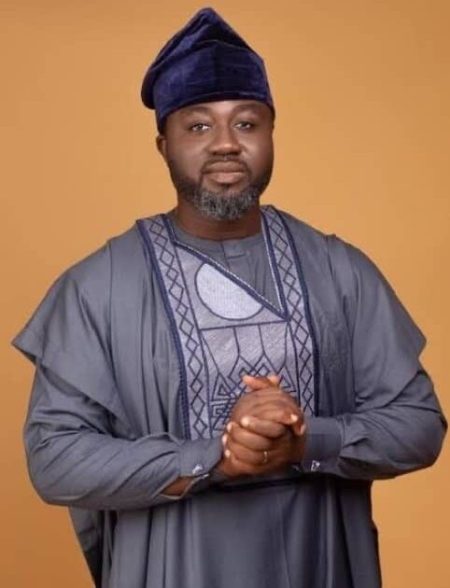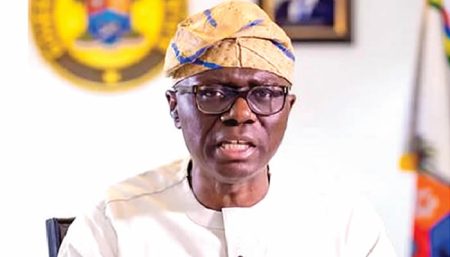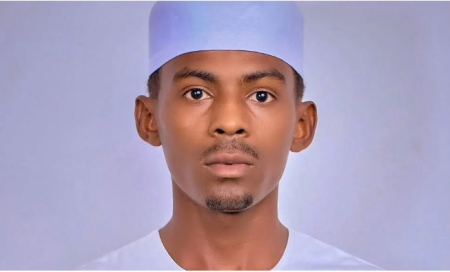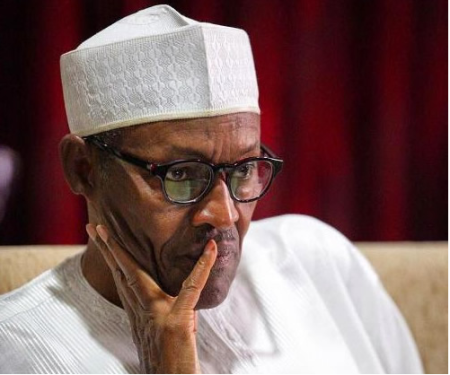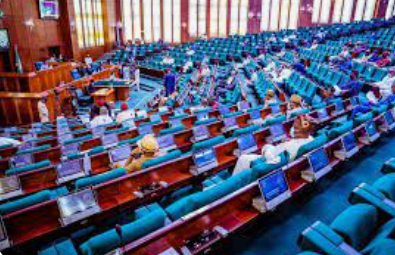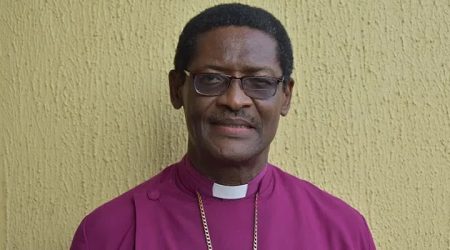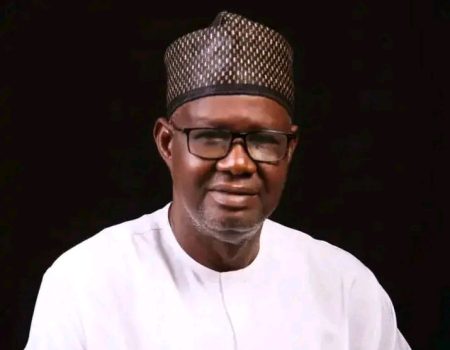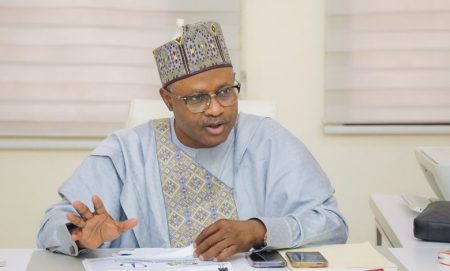The recent parliamentary rerun in Ablekuma North, Ghana, has cast a dark shadow over the nation’s democratic progress, marred by disturbing acts of violence that disrupted the electoral process and tarnished Ghana’s image on the global stage. The rerun, necessitated by unresolved disputes from the 2024 elections, was intended to provide a fair and peaceful resolution, but instead descended into chaos as thugs invaded polling stations, assaulting voters, including former Minister Hawa Koomson, and even members of the press. This blatant disregard for democratic principles underscores a troubling trend of escalating political violence in Ghana, raising serious concerns about the future of free and fair elections in the country. The incidents forced the suspension of voting at several locations, including St. Peter’s Polling Station, further highlighting the disruption and fear instilled by these acts of aggression.
Investigative journalist Manasseh Azure Awuni has strongly condemned the violence, characterizing it as a betrayal of Ghana’s democratic ideals and a shameful spectacle before the international community. He criticized the partisan nature of the violence, noting the disturbing tendency of some political supporters to condone or even celebrate such acts when they perceive them to benefit their chosen party. This tribalistic approach to politics, where violence is seen as a legitimate tool for achieving political ends, undermines the very foundation of democratic governance. Awuni emphasized the fundamental principle that elections should be a peaceful process of choosing leaders, not a brutal contest decided through intimidation and force. He lamented the perception of Ghanaians as “animals” in the eyes of the world due to such behavior, contrasting this with the peaceful electoral processes witnessed in other nations.
The violence in Ablekuma North is not an isolated incident but rather indicative of a broader pattern of electoral violence that has plagued Ghana in recent years. This recurring theme of violence not only threatens the integrity of the electoral process but also erodes public trust in democratic institutions. When voters fear for their safety at polling stations, or when the outcome of an election is determined by force rather than the ballot box, the legitimacy of the entire system is called into question. This creates a vicious cycle where violence breeds distrust, which in turn further fuels the potential for future violence.
The long-term consequences of such violence are far-reaching. Beyond the immediate disruption and fear, it can discourage political participation, particularly among marginalized groups who are often the most vulnerable to intimidation and violence. This can lead to a skewed representation in government, failing to reflect the true will of the people. Moreover, persistent electoral violence can destabilize the country, hindering economic development and undermining social cohesion. Investors and businesses are wary of operating in environments characterized by political instability, and the resulting economic stagnation can exacerbate existing social inequalities, further fueling the cycle of violence.
Awuni’s condemnation serves as a crucial call to action for Ghanaian society. The responsibility for upholding democratic principles rests not just with politicians and election officials, but with every citizen. It requires a collective rejection of violence as a political tool and a commitment to fostering a culture of peace and tolerance. Political parties must actively discourage violent behavior among their supporters and hold those responsible accountable. Civil society organizations have a vital role to play in educating the public about the dangers of electoral violence and promoting peaceful means of political engagement.
Ultimately, the future of Ghana’s democracy depends on the willingness of all stakeholders to prioritize peace and uphold the principles of free and fair elections. The violence in Ablekuma North serves as a stark reminder of the fragility of democracy and the urgent need for collective action to protect and strengthen it. The international community also has a role to play in supporting Ghana’s efforts to combat electoral violence through diplomatic pressure, technical assistance, and financial support for programs aimed at promoting peaceful elections and strengthening democratic institutions. Only through a concerted and sustained effort can Ghana ensure that its democratic future is one of peace, progress, and genuine representation of the people’s will.





